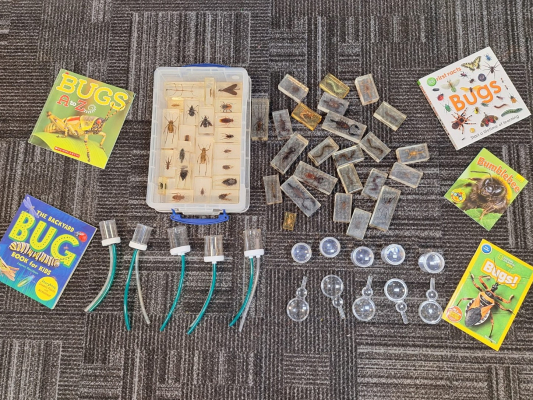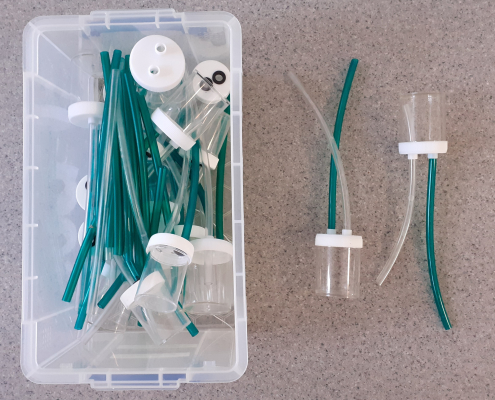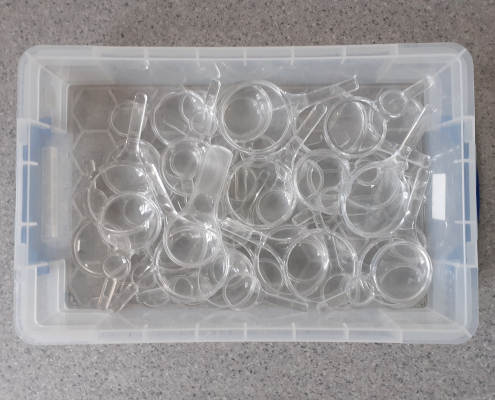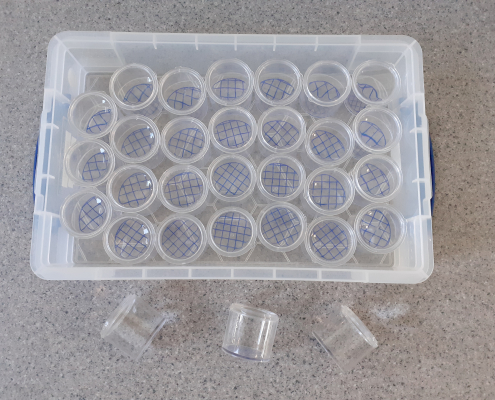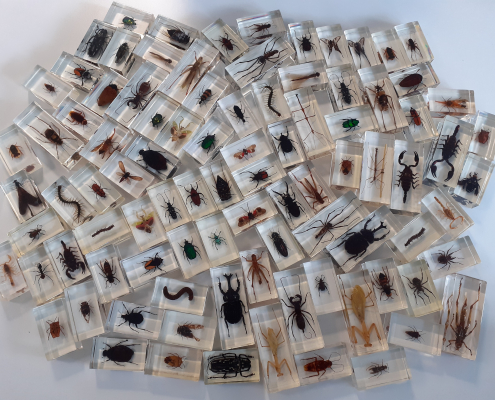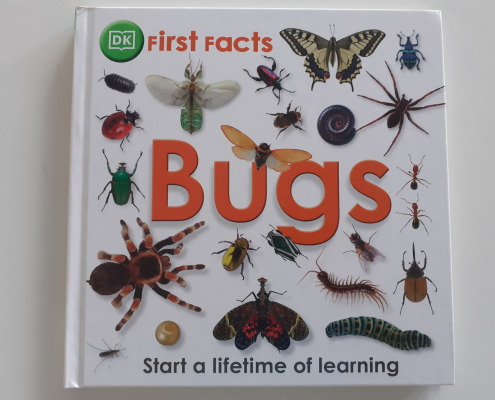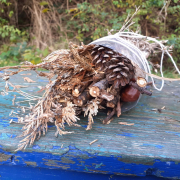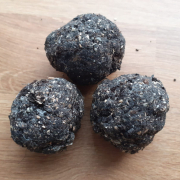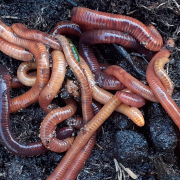A wide variety of mini beasts in resin to examine and sort along with books and equipment for collecting mini beasts.
Curriculum links
Year 1 Science: Animals Including Humans
- identify and name a variety of common animals
- identify and name a variety of common animals that are carnivores, herbivores and omnivores
- describe and compare the structure of a variety of common animals
Year 2 Science: Living Things and their Habitats
- explore and compare the differences between things that are living, dead, and things that have never been alive
- identify that most living things live in habitats to which they are suited and describe how different habitats provide for the basic needs of different kinds of animals and plants, and how they depend on each other
- identify and name a variety of plants and animals in their habitats, including microhabitats
- describe how animals obtain their food from plants and other animals, using the idea of a simple food chain, and identify and name different sources of food.
What’s in the box?
Activities to support the use of this box in school and at home
Mini beasts are important for biodiversity – they pollinate flowers, create compost, eat pests and are food for animals like hedgehogs and frogs. Try making this transparent bug hotel to provide a shelter and let you see what the bugs are up to! You will need a plastic bottle and natural items from your local environment.
Another way to attract mini beasts to your garden or outside area is to make a seed bomb. You will need soil, flour and seeds to make the bomb. When planted and the flowers begin to grow, you should attract a range of pollinators and other mini beasts.
Try our homemade wormery activity. Making a wormery is a safe and simple way to observe and find out more about worms and what they are up to underneath the ground. All you need is an empty bottle, some soil and vegetable scraps or leaves.
Careers links
The Primary Science Teaching Trust has some additional careers links you may like to look at. These are called “A scientist just like me” and introduce children to a diverse range of scientists.
The downloadable power point relevant to this box is

